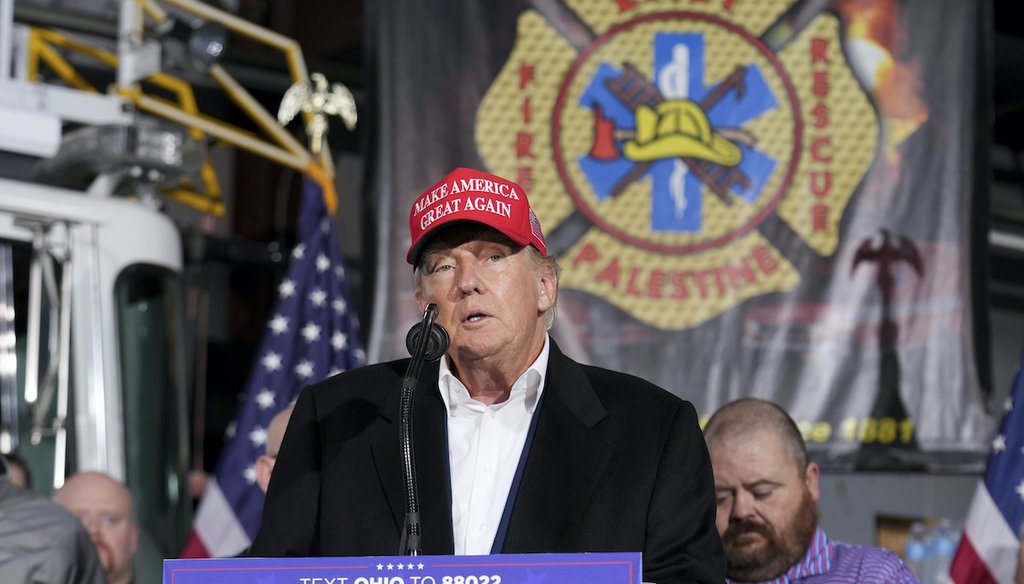Tom Paine 1949
Diamond Member
- Mar 15, 2020
- 5,407
- 4,507
As a retired railroad man myself. my understanding of the many advantages of ECP braking and monitoring systems is the same as yours. It is far superior to what is still in use on most U.S. railroads. It should be installed and Trump’s ruling overturned asap.Traditional train braking systems use pneumatic valves to control and generate brake applications on the cars along the length of the train. In general, this conventional system consists of a brake pipe that runs the length of the train which supplies air to reservoirs mounted on each of the cars. When the brake pipe and car components are charged with air, the brakes release.
When the engineer needs to make a brake application, control valves in the locomotive reduce the brake pipe pressure. As the brake pipe pressure is reduced, the service portions on each car divert air from their reservoirs to their brake cylinders. To release the brakes, the engineer charges the brake pipe. This method of controlling the brakes on freight and passenger cars has remained virtually unchanged since its invention by George Westinghouse in 1868.
The conventional braking system suffers from many weaknesses; one of which is in the reaction time. Because the engineer controls the flow of air into and out of the brake pipe from the locomotive, it can take up to two minutes for a commanded brake application to propagate to the back of a long freight train. This uneven braking can cause significant forces to build up between the cars in a train.
In contrast, ECP braking uses electronic controls which make it possible to activate air-powered brakes on the cars. On an ECP-equipped train, the cars are equipped with a trainline cable that runs parallel to the brake pipe down the length of the train. This cable is used to supply power to the electronic components installed on the cars. The cable also doubles as a communication medium that allows the locomotive to send commands to, and receive feedback from, the cars along the length of the train.
ECP provides many benefits over the traditional braking system. For example, since all the cars receive the brake command at the same time, the brakes are applied uniformly and instantaneously. This provides much better train control, shortens the stopping distances, and leads to a lower risk of derailment or of coupling breakage.
Also with ECP, the brake pipe remains charged during operation. This allows the reservoirs on the cars to continuously charge making it less likely for the braking air supply to be exhausted. Further, since the cars can also send their status to the locomotive at the front, the engineer can monitor the state of the train and know at any given time the braking capabilities available.
The ECPB can also apply the brakes on the rearmost wagons slightly before the brakes on the front wagons are applied, which reduces the shock and noise of the wagons bunching up.
There are 1700 derailings a year in the U.S., and many could be prevented by the new electrical monitoring and brake systems, now used most everywhere in modern European and Asian countries.







